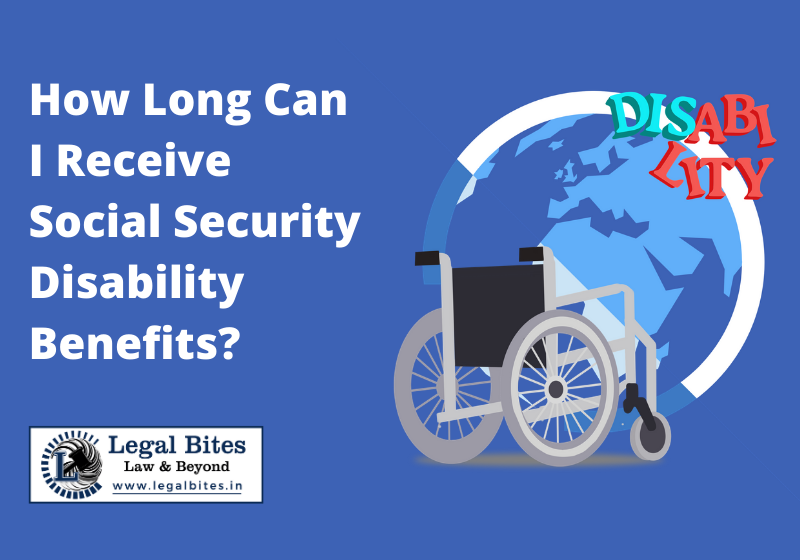How Long Can I Receive Social Security Disability Benefits?
There is a common misconception that Social Security Disability benefits last forever. While many individuals can receive these vital benefits as long as they are disabled or until they reach retirement age, there are instances in which disability benefits will be terminated before then. If you or a loved one receives disability benefits, the best way to maintain… Read More »

There is a common misconception that Social Security Disability benefits last forever. While many individuals can receive these vital benefits as long as they are disabled or until they reach retirement age, there are instances in which disability benefits will be terminated before then.
If you or a loved one receives disability benefits, the best way to maintain your eligibility is to work with an experienced disability attorney. In the meantime, this article is a brief discussion of the reasons your benefits may be stopped.
Why Social Security Disability Benefits Stop
After your claim has been approved, your disability benefits may be revoked for a number of reasons. These include improvement in your disabling medical condition, returning to work, and earning too much income.
How Medical Improvement Affects Your Disability Benefits
To be eligible for Social Security Disability Insurance (SSDI) or Supplemental Security Income (SSI) benefits, you must be unable to work due to a medically determinable impairment. While gaining approval requires you to provide medical evidence and undergo one or more consultative exams, your disability benefits may be stopped if your medical condition subsequently improves.
The Social Security Administration (SSA) periodically reviews cases of all recipients of disability benefits to determine whether their condition still qualifies them. This review is known as a continuing disability review (CDR), which will generally occur every 3 or 7 years, depending on your condition and whether it is expected to improve.
In any event, you must promptly respond to CDR notices and provide any necessary information. You may also be required to undergo another medical examination by an independent physician chosen by Social Security. If you fail to reply to a review notice or the CDR examiner determines that your medical condition has improved to the extent that you are no longer disabled, your benefits will be stopped.
For this reason (and for your well-being) it is critically important to stay on top of your condition and schedule regular visits with your doctor, who can provide documentation that your continuing disability prevents you from working. If your medical records don’t show improvement of your condition, your entitlement to disability benefits will continue.
Can I Keep My Disability Benefits If I Am Working?
Although disability benefits are intended for those who cannot work, it is possible to work as long as you don’t earn a substantial income. To continue receiving SSDI, for example, you cannot perform a substantial gainful activity (SGA). The 2021 SGA amount for non-blind individuals is $1,310 per month, which means that any individual who engages in work that earns $1,310 or more per month will not be eligible for disability benefits (threshold for blind individuals at $2,190 in 2021). Similarly, to maintain your SSI benefits, your monthly income cannot exceed the federal benefit rate or FBR (currently $783 for individuals and $1,175 for couples).
In short, if your income exceeds the applicable limit, you will no longer be eligible for benefits. Even if you stay within the limits, the SSA may view any work you perform as proof that your condition has improved, in which case your benefits may be revoked. There are, however, programs that allow you to work on a trial basis without forfeiting your disability benefits.
What Happens To My Disability Benefits When I Reach Retirement Age
SSDI benefits automatically convert to Social Security retirement benefits when you reach retirement age, however, the amount of your monthly payment will remain the same. By contrast, SSI payments do not automatically convert to retirement benefits in most cases. If you do not qualify for SSA retirement benefits, your SSI benefits will be converted to “aged” benefits instead, but your payment will not be affected.
Why This Matters
If you are receiving Social Security Disability benefits, you probably have concerns about maintaining your eligibility and keeping your benefits until your reach retirement age. Given the SSA’s complicated rules and procedures, it takes an experienced disability attorney to protect your rights.


